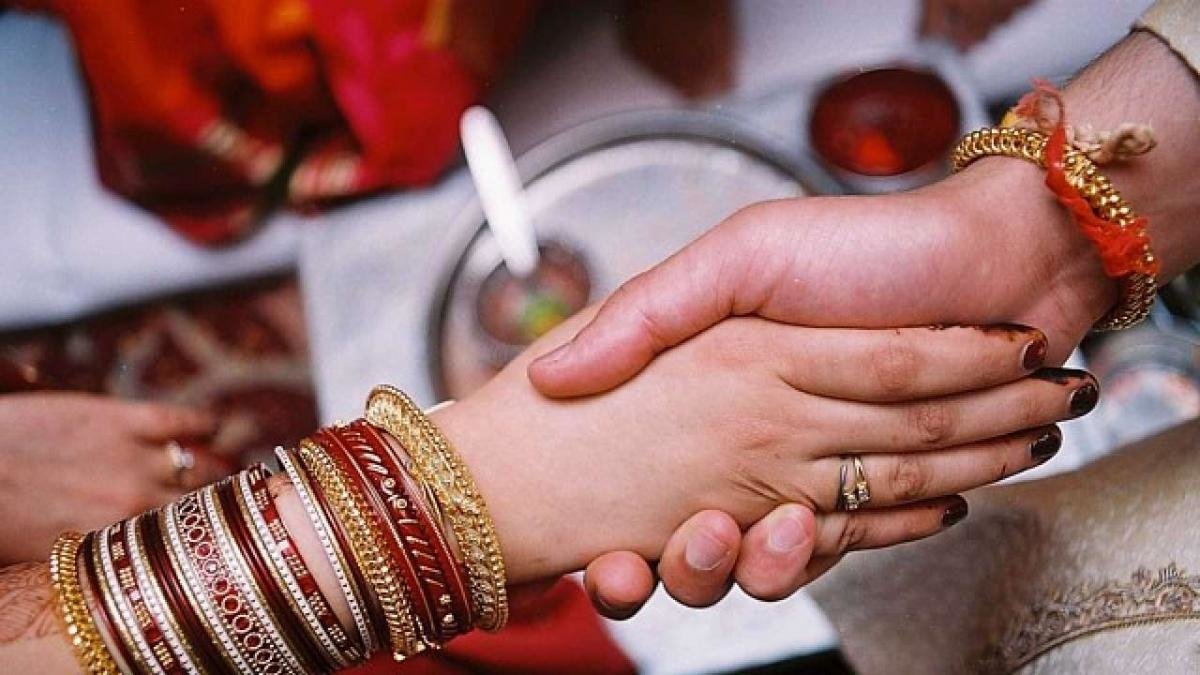
The Punjab and Haryana High Court has suggested that both states, and the Union Territory (UT) of Chandigarh provide safe houses for inter-caste or inter-faith couples apprehending threat, so that they do not have to approach the court each time. The petitioners had gotten married against the wishes of their parents and were seeking protection from the court.
“The non-acceptability of inter-caste marriage is a social problem which needs to be dealt at multifarious levels. The inter-caste is not the only reason for non-acceptability of marriage, there are numerous other socio-economic reasons acting as hurdles for the young couples for selecting life partner of their choice,” the court said.
At first, the court observed that many such couples were approaching the court for protection and cases are filed as a matter of routine. The court said that in many such cases it is found that there is no apprehension of threat and the serious cases of imminent threat get mixed up in these petitions.
The court also observed that the couples apprehending threat have to travel all the way to this Court for completing the formalities for filing the writ petition, further exposing them to threat. The court cited an order by a division of the court of 2010, whereby the Sessions Courts were directed to ensure that interim protection is provided to such couples, yet the couples have to approach the high court.
“It would be apposite to mention here that with the limited pleadings in the petitions, it is impossible for this Court to gauge the genuineness or the extent of threat perception. It is ultimately the police authorities who have to look into and deal with it,” stated the court.
The court also recognised that in such petitions, time was the essence and the court would be failing to perform its duty if the grievances of petitioners are not redressed in a time bound manner.
Considering the large volume of such petitions, the court had a discussion with officials of State Legal Services Authority as well as Advocate Generals for Punjab and Haryana as well as Senior Standing Counsel for Chandigarh. The court suggested that one of the ways to tackle the problem is that safe houses should be made available in each district of both the states, as well as in Union Territory, Chandigarh. The court further suggested that a website be provided so that such couples can raise their grievances without having to be physically present. The court said that there can also be 24×7 help desks at tehsil level for filling out representations by such couples and an existing police cell can be deputed for dealing with them within 48 hours.
“It can also be ensured by authorities that in case a request is made by the couples during the period of consideration of the representation, they be provided shelter in safe house,” the court said.
The court further suggested that Legal Services Authorities, with their reach at grassroot level, can set up these help desks with telephone service and internet connectivity at the local level and can provide guidance to such couples. Further, the court pointed out that the Sakhi centres run by health and Family Welfare Department, Punjab that work for women, can widen their scope and assist these couples.
“The entire endeavour of the exercise is that some sort of workable mechanism is put in motion to ensure the protection of life and personal liberty as guaranteed under Article 21 of the Constitution of India. Further that only in exceptional cases, the couples have to take trouble to approach this Court alleging infringement of the rights,” said the bench.
The court asked officials of State Legal Services Authority as well as Advocate Generals for Punjab and Haryana as well as Senior Standing Counsel for Chandigarh to make a joint effort and give inputs regarding this issue while directing Additional Chief Secretaries (Home) and Director Generals of Police of both the States to provide their assistance. The court has asked for a report to be filed before March 22.
The complete order may be read here.
Related:
Himachal Pradesh HC allows inter caste union, upholds women’s right to choose
Intimacies of marriage private, can’t be affected by matters of faith: SC